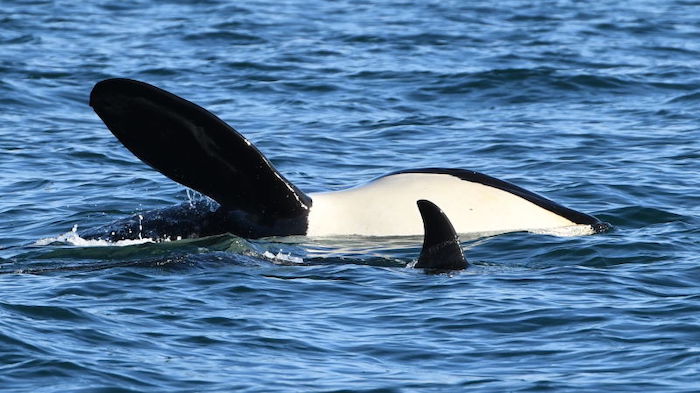forum
library
tutorial
contact

Farmers Skeptical About Being
Made 'Whole' If Dams Breached
by Don Jenkins
Capital Press, December 23, 2019
|
the film forum library tutorial contact |

|
Farmers Skeptical About Being
by Don Jenkins
|
 Eastern Washington farmers doubt that public subsidies would offset higher transportation and irrigation costs caused by breaching four Lower Snake River dams, according to a preliminary study released Friday by the governor's office.
Eastern Washington farmers doubt that public subsidies would offset higher transportation and irrigation costs caused by breaching four Lower Snake River dams, according to a preliminary study released Friday by the governor's office.
Without the dams, the river would be too shallow to barge wheat and other farm goods the roughly 100 miles between Lewiston, Idaho, and the Tri-Cities. Lake Sacajawea, a reservoir created by Ice Harbor Dam, irrigates 47,000 acres.
Farmers are worried about being "at the mercy of railroads" and "skeptical" about switching to crops that use less water, according to the study.
Washington Grain Commission CEO Glen Squires, one of nearly 100 people interviewed for the study, said he appreciated that the report's writers captured different views on breaching the dams.
"I think they genuinely listened and began to realize this whole thing is more complicated than meets the eye," he said. "It's not as easy as giving a farmer a nickel, dime, 20 cents a bushel -- case solved."
The study was recommended by a governor's task force on reviving the orca population in Puget Sound. Scientists blame a declining orca population on a lack of chinook salmon for the killer whales to eat.
All Snake River salmon runs are federally threatened or endangered species. Gov. Jay Inslee and the Legislature supported the $750,000 study to catalog different perspectives on breaching the dams as a way to increase fish runs.
The preliminary study represents the views of people representing farmers, tribes, environmentalists, fishermen, shippers and government officials. The public can comment on the study through Jan. 24.
The final study will incorporate the public comments and the results of an online survey. There will be public workshops and panel discussions on the study Jan. 7 in Clarkston, Jan. 9 in Vancouver and Jan. 13 in the Tri-Cities.
The U.S. Army Corps of Engineers, Bureau of Reclamation and Bonneville Power Administration are expected to release in February a draft environmental impact statement on the Columbia River system. Breaching the four dams -- Ice Harbor, Lower Monumental, Little Goose and Lower Granite -- is one option under study.
Inslee has said the study will inform his response to what the federal government proposes.
"I encourage Washingtonians to get engaged in the public comment period over the next month and share their input on what should be done," Inslee said in a statement.
The study, conducted by a private firm, does not recommend retaining or breaching the dams. It cites previous reports on the dam's uses and effect on salmon and summarizes the views of "stakeholders."
The study listed the people who were interviewed, but did not attribute specific comments to individuals.
Some 5 million acres of farmland, approximately one-third of the state's total, are in the eight counties surrounding the dams, according to the study.
Interviewers found Eastern Washington residents who supported keeping the dams said people on the "coast" didn't understand or respect their values.
Supporters of breaching the dams said public subsidies for new irrigation systems, roads and rail lines could offset the harm to agriculture. "It is important to make agriculture 'whole,' so farmers do not suffer significant economic losses if the dams are breached," the study reported.
Farm groups said the disruption to businesses, communities and families would be significant, as would the costs.
U.S. Reps. Cathy McMorris Rodgers and Dan Newhouse, both Eastern Washington Republicans, issued a joint statement saying the study provided nothing new and that taxpayers should be outraged.
"We had no idea a year ago when we said this study would be a wasteful use of taxpayer dollars just how accurate we'd be -- imagine how far $750,000 could have gone to directly support salmon recovery efforts," according to the statement.
Related Pages:
Farmers Skeptical About Being Made 'Whole' If Dams Breached by Don Jenkins, Capital Press, 1/30/19
River Advocate: Removing Dams Won't Help Orcas, Environment, Economy by Matthew Weaver, Capital Press, 1/18/19
learn more on topics covered in the film
see the video
read the script
learn the songs
discussion forum
